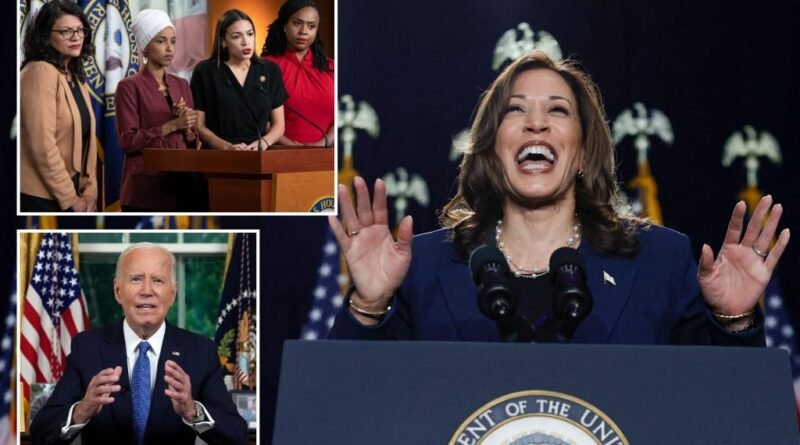The Democratic Party is Seeking Redemption in Desperation

All institutions fail — not least American political parties. Having spent decades engineering — and aggressively defending — their duopoly, both Democrats and Republicans now enjoy the poisoned fruit of their anti-democratic manipulations.
Claiming the mantle of democratic values, the D’s and R’s have rigged the primary system: third parties and independents find it nearly impossible to reach the ballot. Even most party members don’t show up. In 2024, the major party candidates were elected by a mere 23% of eligible voters — just 34 million out of 149 million. Inevitably, the loudest, angriest, most partisan elements of each party prevail.
Politicians of both parties have trapped themselves in a vicious cycle. To win a primary election they need to tack hard left or right. To win the general, they pretend-move to the middle — promising to be unifiers. But, to ensure their re-election, they inevitably govern with primary voters in mind.
Joe Biden’s abdication offered the Democratic Party a rare opportunity to break out — to resolve the twin crises that gripped it: Biden’s physical and cognitive decline and the battle for the soul of the party between moderates and the hardcore take-no-prisoners radicals.
Instead of invoking a quasi-democratic process by opening the convention and inviting debate within the party, a back-room coalition of Hollywood kingmakers and party elders cut off any possibility of a conversation about the future of the party.
Admittedly, the process would have been messy. An open convention raised the very real chance that Kamala Harris might not be their candidate. Anointing someone other than the ultimate identitarian—a black, a woman, a creature of hard left California politics — would have shaken the party to its core, even as it offered the palpable possibility of reforming the Democratic Party, truly turning it into the party of moderation, of the center.
It would have been a miraculous rejuvenation and revival: a reformation of a dysfunctional institution.
Try this thought experiment: what if the Democratic Party had rejected the proto-communist, anti-capitalist wing epitomized by Bernie Sanders and the Squad? What if an open convention had fielded a slate — and a platform — that could stem the tide of defections by moderate voters and prominent tech donors?
Imagine a pair of candidates and policies. Moderate Democrats could be true to the ideals of closing disparities between the sexes, defending the Clintonian era dictum on abortion as rare, safe and legal, protecting workers, opposing monopolies while supporting free enterprise, combating discrimination, and promoting racial harmony — all without imposing the enervating diktats of DEI. Moderate Democrats could — as most do — favor immigration (especially skills-based) and oppose the chaos and crime of unchecked immigration over open borders.
Moderate Democrats could admit that energy transformations take time and that fossil fuels and nuclear power have a place in the mix. Moderate Democrats could take crime seriously: support the cops, acknowledge that crime affects the poor most of all and reject the Blue State descent into lawlessness, vagrancy and violence — all without being taken down as racists. Moderate Democrats could decry the takeover and defacement of public spaces and universities by mask-wearing protesters wearing keffiyehs signifying alignment with America’s enemies. Moderate Democrats could decry antisemitism and attacks on Jews and Jewish institutions.
Rather than using scare tactics and merely ranting about the risk that Donald Trump presents to the nation and the planet, a Democratic Party that moved to the center by offering centrist ideas could run the table.
But that’s not our reality.
However we might feel, Kamala Harris seems to be the handpicked candidate of the hard left wing of the Democratic Party. The old boys and old girls decided what’s best for their party, and, as ever, for themselves. If she wins, we’ll be treated to four more years of the same: division and rancor. But if she loses, perhaps the Democratic Party will lick its wounds, huddle at the Bohemian Grove and seek a reformation that would transform American politics.
“Ayaan Hirsi Ali is a Research Fellow at the Hoover Institution and Founder of the Restoration Bulletin;” Jay Newman was a senior portfolio manager at Elliott Management and is the author of “Undermoney.”



